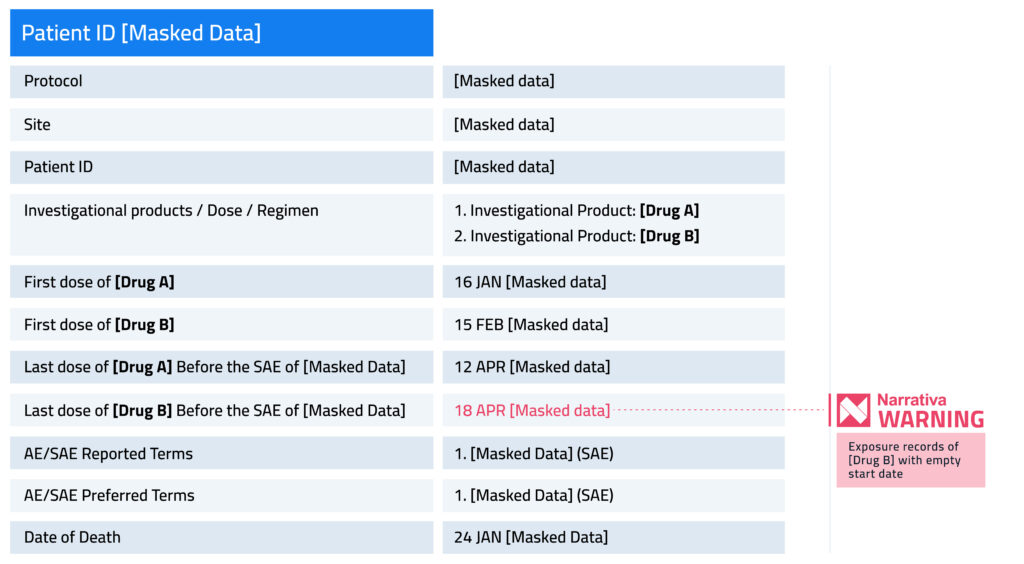October 17, 2023
The revolution will be automated: How Generative AI is changing data analysis

By Ehab Naim
Data analysis is a crucial component that guides the decision-making process in organizations across various industries. Therefore, data analysts and scientists play a vital role in extracting insights from data to help make informed business decisions. Those professionals face many challenges ranging from increasing data volume to factors like processing, analyzing, and interpretation. The revolution will be automated: How Generative AI is changing data analysis.
The use of artificial intelligence (AI) in diverse fields has led to accelerated development and major breakthroughs in several domains. Similarly, generative AI has supported significant advancements in the area of data analysis, as it allows data analysts to explore data from different perspectives and unlock new insights in an unprecedented manner. So, how can generative AI support data analysts and scientists in their quest for insights? Read along to find out!
Generative AI applications within the context of data analysis
Data preparation
The act of preparing data for analysis is one of the most intricate of all jobs. This is because before getting to the analysis phase, there are several challenges related to cleaning, transforming, and organizing data that exist. Generative AI can support this by automating the process through creating samples from the existing data, but without the noise or errors associated with them. This will significantly save time for data professionals, allowing them to focus more on data interpretation.
Data augmentation
As the name suggests, data augmentation refers to creating new samples similar to the original dataset. Generative AI models can be used to augment original datasets for various applications. For example, in situations where there is a need for more training data, generative AI produces significant value, as the additional data could improve the model’s performance and reduce overfitting. In other words, generative AI can effectively increase the size of training datasets, supporting analysts in improving accuracy and generalization.
Data imputation
Data imputation involves filling in missing values in a dataset. Generative AI can learn about patterns and relationships that exist within data, creating more accurate and realistic patterns for missing data compared to traditional techniques. This supports an objective of analyzing a more complete dataset, thus, outputting better results. This application is of great value when the available datasets are incomplete or corrupt.
Anomaly detection
Since generative AI technologies can identify patterns within a dataset, they are, therefore, adept at detecting and recognizing inputs that deviate from the norm of the overall data. This is of great value, as such anomalies may go unnoticed without the technology, ultimately allowing better quality control of the outcomes.

The revolution will be automated: How Generative AI is changing data analysis
Report generation
Generative AI cannot only process the data, but also use it to create valuable and actionable insights. This is because the technology scans through millions of inputs and values in these datasets in a fraction of the time it would take a human, transforming them into readable material that can be used to drive business decisions. Moreover, they can be used to produce real-time updates about the changes that occur within these datasets. This can prove to be priceless in a business environment with constantly changing variables, such as in the stock market.

The revolution will be automated: How Generative AI is changing data analysis
Where does Narrativa fit in this?
Narrativa is a leading generative AI company with an easy-to-use platform that allows you to process large amounts of data to generate reports and extract insights. This is only a small part of what the platform can do! With our generative AI and related technologies, you can also produce real-time reports about the financial market, generate articles based on datasets of a player in a game, or generate clinical reports and documents based on health parameters and inputs of hundreds or even thousands of patients!
Narrativa has a diverse and growing set of solutions that serve various industries, like Life Sciences, Financial Services, Marketing, Entertainment, and more! Our solutions have been tested, trusted, and used by many industry leaders, like the Wall Street Journal, Microsoft, the Leukemia and Lymphoma Society (LLS), to name a few.
Our business partners always approach us to develop new solutions that address the challenges they face in improving inefficiencies and productivity while minimizing time and monetary expenditures. If you have an idea or a challenge in mind, let’s discuss it to help you overcome it!
About Narrativa
Narrativa is an internationally recognized generative AI content company that believes people and artificial intelligence are better together. Through its proprietary content automation platform, teams of all types and sizes are empowered to build and deploy smart composition, business intelligence reporting, and process optimization content solutions for internal and external audiences alike.
Its tech stack, consisting of data extraction, data analysis, natural language processing (NLP), and natural language generation (NLG) tools, all seamlessly work together to produce content quickly and at scale. In this way, Narrativa supports the growth of businesses across a variety of industries, while also saving them both time and money. Accelerate the potential with Narrativa.
Contact us to learn more about our solutions!
Share






